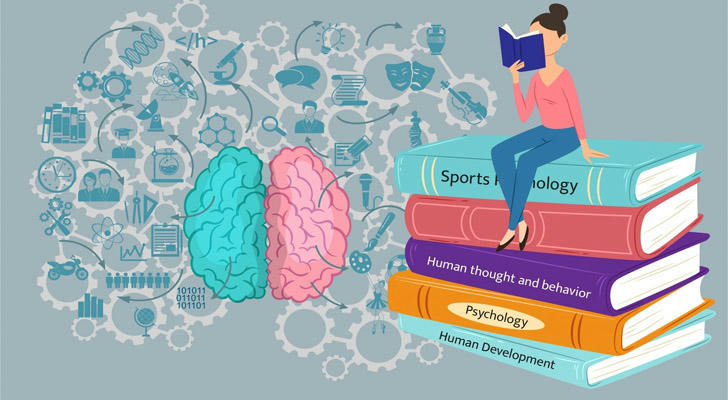Improve Social Intelligence Through Psychology Courses

In the intricacies of human interaction, social intelligence is a dynamic thread that weaves together empathy, understanding, and effective communication. Psychology courses not only provide a path to understand the complexity of human behavior, but also provide a path to improve social skills. This article delves into how psychology courses can be a catalyst for improving social intelligence and supports it with real-life scenarios and actionable solutions.

I.Applied Psychology Concepts
1.Emotional Intelligence
Psychology courses often cover emotional intelligence, including identifying and managing your own emotions and understanding the emotions of others. Emily could benefit from learning to read emotional cues and respond empathetically.
2.Communication Models
Understanding different communication models, such as transactional analysis, can help Emily identify her communication style and its impact on others.
3.Cognitive Behavioral Therapy (CBT) Techniques
CBT can help Emily challenge and change the thinking patterns that lead to poor communication habits.
II.Applied Psychology Concepts
1.Attachment Theory
Understanding different attachment styles can help Alex recognize the way he approaches relationships and why he has difficulty building close relationships.
2.Empathy Development
Psychology courses often emphasize the importance of empathy in building deep connections. Learning to empathize with others can lead to deeper relationships.
3.Social Support Networks
Understanding the role of social support can help Alex understand the value of quality over quantity in friendships.
4.Shared Experiences
Engaging in activities that promote shared experiences and meaningful conversations has helped Alex build deeper connections.

III.Further Resources
For those interested in further developing social intelligence, consider the following resources:
Books on emotional intelligence and social psychology.
Online courses or workshops that focus on communication skills and empathy development.
Support groups or forums to discuss and practice social skills.
IV.Cases
Take the example of Emily, a software engineer who often feels misunderstood in team meetings. Her direct communication style is perceived as rude and discourteous, leading to strained relationships with coworkers. Emily's challenge is twofold: understand the emotional undercurrents in her interactions and adjust her communication style to foster better relationships.
Emily begins taking a psychology course focused on self-awareness. She learns to identify her own emotional triggers and how they affect her communication. Through role-playing exercises, Emily practiced active listening, which improved her understanding of her colleagues' perspectives. She learned to adapt her communication style to the social context, using "I" statements to express her ideas without appearing confrontational. Emily implemented a feedback mechanism to seek constructive criticism from her team after meetings, allowing her to continually improve.

V.Conclusion
Psychology courses provide a comprehensive toolkit to improve social intelligence. By understanding and applying psychological concepts, people like Emily and Alex can overcome their social challenges. The journey to improving social skills is a continuous process of learning, practicing, and adapting. With the right knowledge and tools, anyone can become a more socially intelligent person, able to build stronger, more meaningful relationships.
